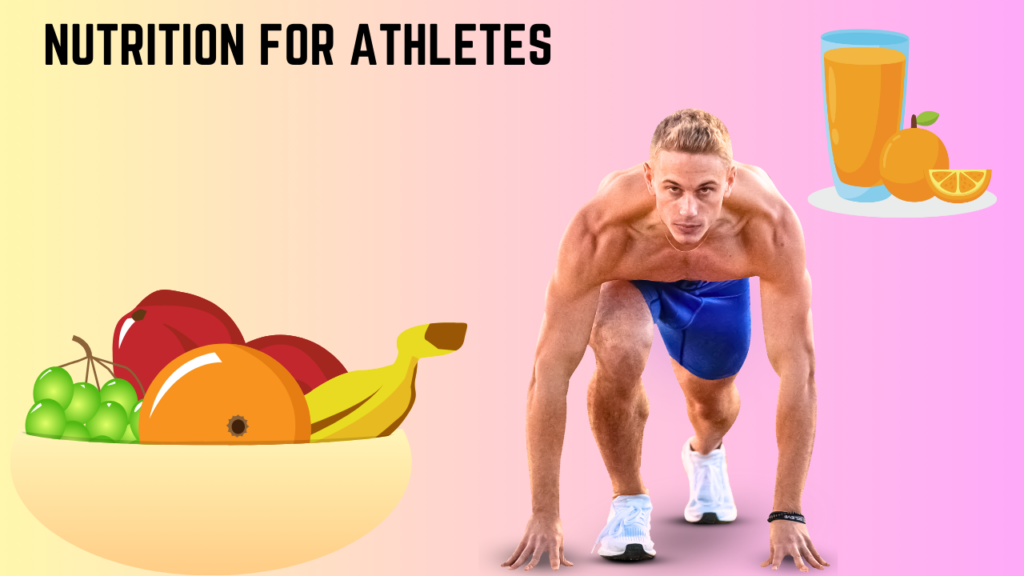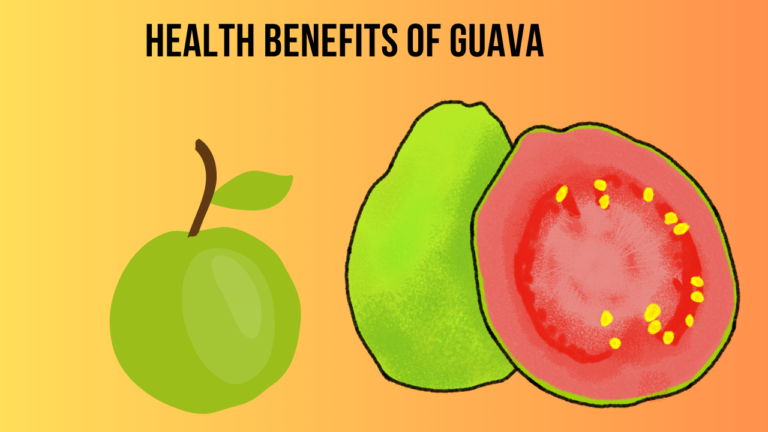Nutrition for Athletes

Nutrition is a critical aspect of an athlete’s overall performance, recovery, and well-being. Proper nutrition provides the necessary fuel, nutrients, and hydration to optimize training, enhance endurance, support muscle growth, and promote overall health. Here are some key considerations for nutrition in athletes:
1. Caloric Intake:
Athletes typically require more calories than sedentary individuals due to their higher energy expenditure. The exact amount varies based on factors like age, gender, type of sport, and training intensity.
2. Macronutrients:
Carbohydrates: Provide a primary source of energy for athletes, especially those engaged in endurance sports. Whole grains, Fruits, Vegetables, And Legumes Are Good Sources.
Proteins: Essential for muscle repair and growth. Sources include lean meats, poultry, fish, dairy products, eggs, legumes, and plant-based protein sources
.
Fats: Important for energy storage and hormone production. healthy Fat Sources Include Avocados, Nuts, Seeds, Olive oil, And Fatty Fish.
3. Hydration:
Proper hydration is crucial for performance and recovery. athletes Should Drink Enough Fluids Before, During, And After Exercise. The amount varies depending on factors like climate, intensity, and duration of activity.
4. Micronutrients:
Essential vitamins and minerals play a vital role in various physiological processes. Athletes should ensure an adequate intake of micronutrients through a balanced diet or, if necessary, supplements.
5. Meal Timing:
Timing of meals and snacks is important. Consuming a balanced meal or snack 2-3 hours before exercise provides sustained energy. Post-exercise meals should include protein and carbohydrates to support recovery.
6. Individualized Nutrition Plans:
Athletes have different nutritional needs based on their sport, training regimen, body composition, and personal goals. Consulting with a registered dietitian or sports nutritionist can help create an individualized nutrition plan.
7. Supplementation:
while A Well-balanced Diet Should Provide Most Nutrients, Some Athletes May Benefit From Supplements. Common supplements include protein powder, vitamins, minerals, and omega-3 fatty acids. However, supplementation should be approached cautiously and ideally under the guidance of a healthcare professional or nutrition expert.
8. Recovery Nutrition:
Consuming the right nutrients after exercise is crucial for recovery. Including a combination of protein and carbohydrates helps replenish glycogen stores and repair muscle tissue.
9. Weight Management:
For athletes involved in weight-dependent sports, proper nutrition is essential for maintaining a healthy weight while ensuring optimal performance. Extreme dieting or rapid weight loss can negatively impact performance and health.
10. Consistency:
Consistency in maintaining a well-balanced diet is key. Athletes should prioritize healthy eating habits throughout the year, not just during training or competition seasons.
In conclusion, a personalized and well-balanced nutrition plan is essential for athletes to optimize their performance, support recovery, and maintain overall health. Consulting with healthcare professionals and nutrition experts can help tailor recommendations to individual needs.





